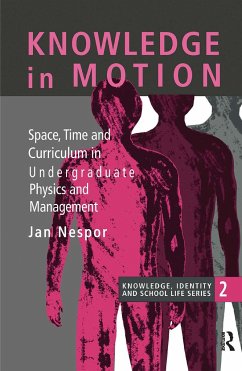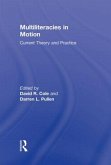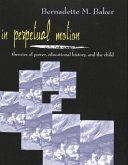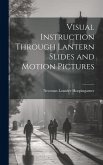Using an analysis of learning by a case study comparison of two undergraduate courses at a United States University, Nespor examines the way in which education and power merge in physics and management. Through this study of politics and practices of knowledge, he explains how students, once accepted on these courses, are facilitated on a path to power; physics and management being core disciplines in modern society. Taking strands from constructivist psychology, post-modern geography, actor-network theory and feminist sociology, this book develops a theoretical language for analysing the production and use of knowledge. He puts forward the idea that learning, usually viewed as a process of individual minds and groups in face-to-face interaction, is actually a process of activities organised across space and time and how organisations of space and time are produced in social practice.; Within this context educational courses are viewed as networks of a larger whole, and individual courses are points in the network which link a wider relationship by way of texts, tasks and social practices intersecting with them. The book shows how students enrolled on such courses automatically become part of a network of power and knowledge.
Hinweis: Dieser Artikel kann nur an eine deutsche Lieferadresse ausgeliefert werden.
Hinweis: Dieser Artikel kann nur an eine deutsche Lieferadresse ausgeliefert werden.








